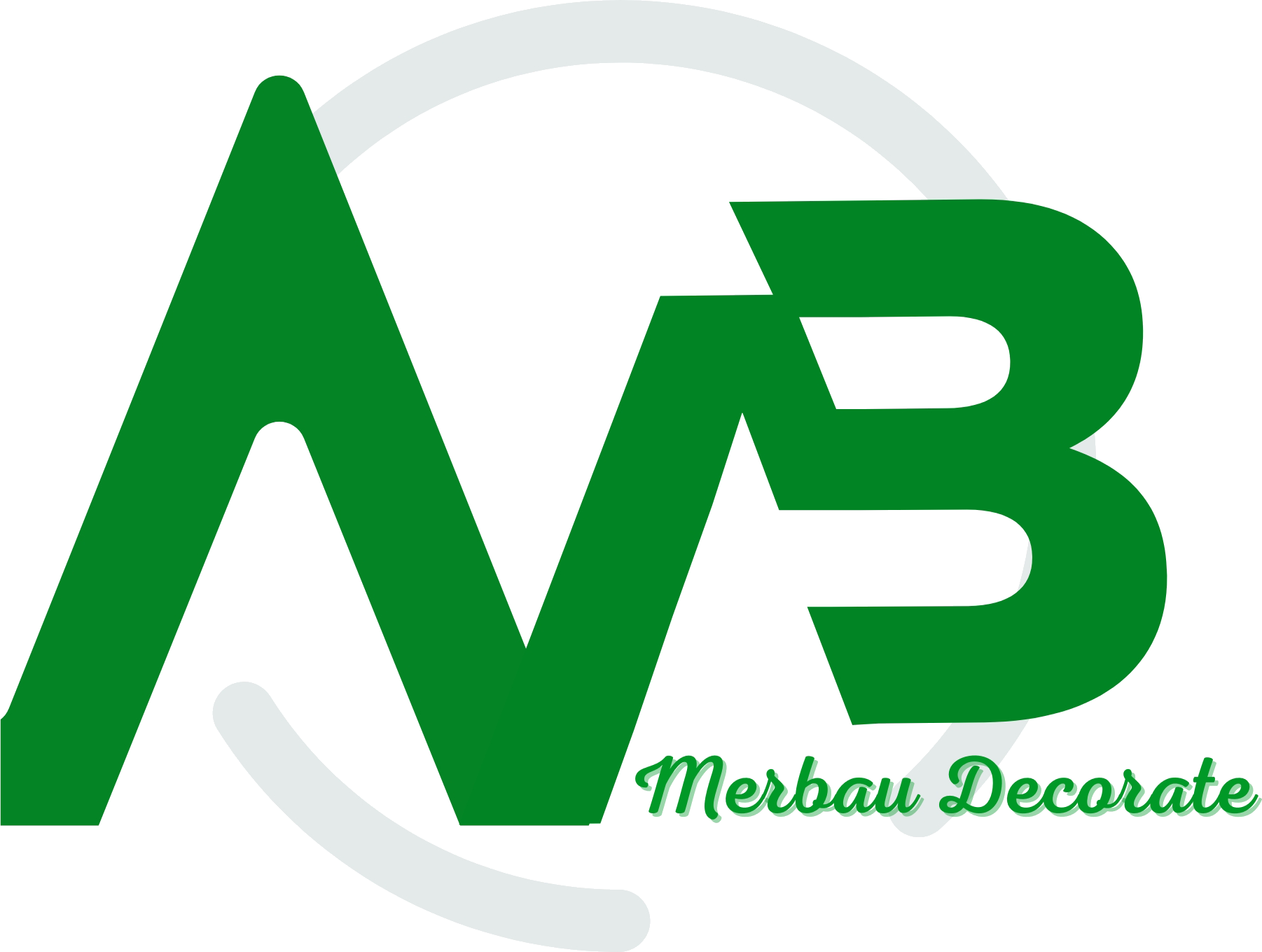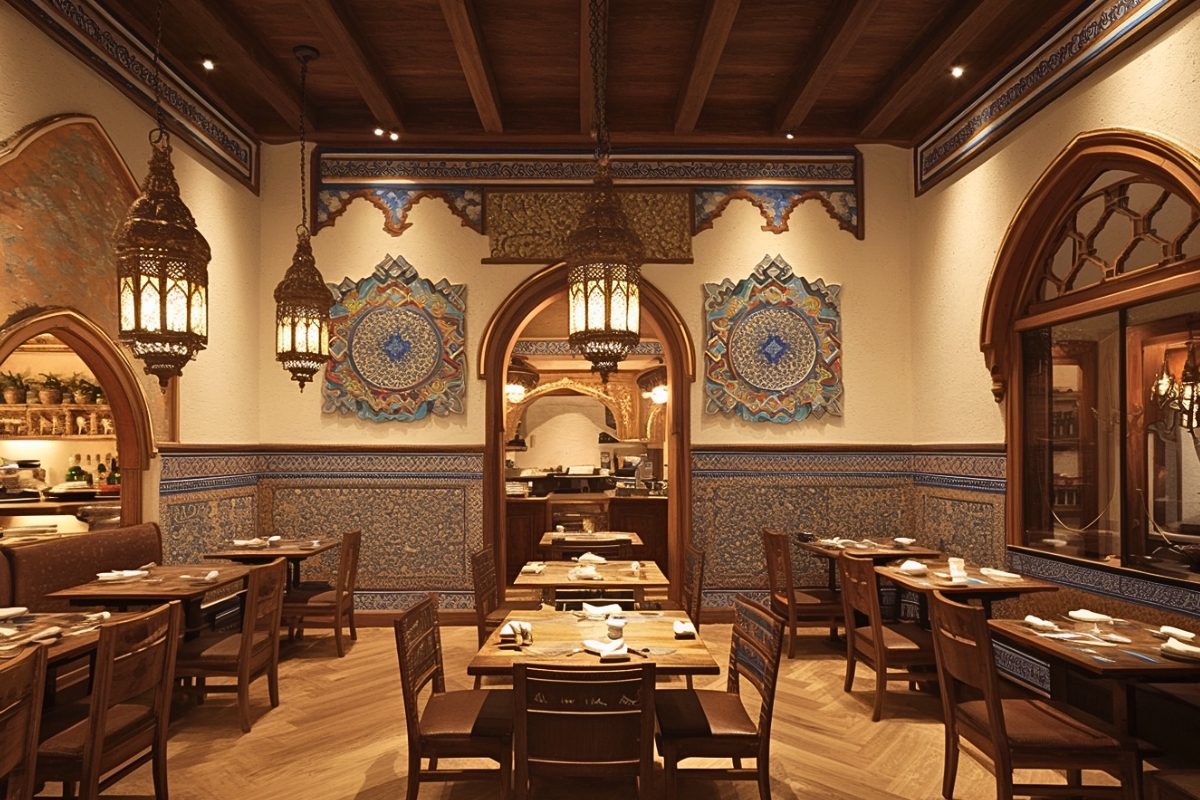If you’re in the market for new flooring, you’ve probably come across terms like LVP (Luxury Vinyl Plank) and SPC (Stone Plastic Composite). While both are popular options for modern homes, understanding the key differences between them can help you make the best decision based on your needs.
Table of Contents
ToggleThe Basics: What Are LVP and SPC?
Both LVP and SPC are types of luxury vinyl flooring. However, the materials and manufacturing processes are different, which means they each offer distinct advantages.
- LVP (Luxury Vinyl Plank) is typically made of 100% vinyl, which is a type of plastic. The top layer is a vinyl wear layer, followed by the core, which is made of a combination of PVC and plastic.
- SPC (Stone Plastic Composite) flooring, on the other hand, features a stone powder composite core, which blends limestone and other minerals with resin. This makes SPC floors significantly more durable than standard vinyl options.
Key Differences:
- Composition:
- LVP is made entirely of vinyl. It’s a PVC-based material, so it’s lightweight and flexible.
- SPC is made with a stone powder composite core, giving it a much denser and more rigid structure. It is heavier and more robust than LVP.
- Durability:
- While LVP is generally waterproof, it can be prone to damage when subjected to heavy impacts, like dropping a hammer.
- SPC, thanks to its stone-based core, is far stronger. It’s dent-resistant and more durable under heavy impacts. If you drop something heavy on SPC, it is less likely to sustain visible damage.
- Waterproofing:
- Both LVP and SPC are waterproof. However, SPC offers a more reliable waterproofing because the core does not absorb moisture, unlike LVP, which is made from plastic and can allow some water to penetrate its core in extreme conditions.
- Weight and Flexibility:
- LVP is lightweight and flexible, making it easier to install and more forgiving if your subfloor isn’t perfectly smooth.
- SPC is heavier, denser, and more rigid, making it a bit trickier to install but far stronger over time.
- Moisture Barrier:
- LVP often requires an additional moisture barrier for protection, especially if installed over concrete or in high-moisture areas.
- SPC, with its stone powder core, already comes with natural moisture resistance, meaning it’s less likely to need an extra barrier.
Hammer Test: Real-World Durability
To truly understand the difference in durability, let’s look at a simple hammer test:
- When you drop a hammer on LVP, it is more likely to get dented or even damaged because it’s primarily plastic-based.
- Drop the same hammer on SPC, and you’ll see less, if any, damage. The stone powder in the SPC core makes it dent-resistant and impact-resistant, providing a sturdier surface.
This difference means that SPC is ideal for high-traffic areas, kitchens, and even commercial spaces where wear and tear is a concern.
What About the Backing?
Both LVP and SPC products often feature a foam backing for added comfort and sound absorption. However:
- LVP often comes with a foam backing that lacks a moisture barrier, meaning you might need to add a separate moisture protection layer.
- SPC has a moisture-resistant backing and doesn’t require additional moisture protection for most applications.
Price and Value:
You’ll often find that SPC flooring is priced higher than LVP, largely due to the use of stone powder and the added durability. However, the long-term value of SPC could outweigh the upfront cost, especially in areas with high foot traffic or moisture concerns.
FAQ:
- Can LVP and SPC be installed over tile?
- LVP can be installed over tile, but if the grout lines are too thick, it can cause issues with the click system and lead to the floor unclicking or shifting. SPC can be installed over tile too, but make sure the surface is smooth to prevent damage to the click-lock mechanism.
- What’s the main benefit of SPC over LVP?
- The main benefit of SPC over LVP is durability. SPC is much stronger, impact-resistant, and dent-resistant, making it a better choice for high-traffic areas or commercial spaces. Its stone powder core also makes it 100% waterproof, unlike some LVPs which may absorb moisture if the water seeps into the seams.
- Is SPC flooring better for high-moisture areas?
- Yes, SPC is generally better for high-moisture areas like kitchens, bathrooms, and basements. Its stone-based core doesn’t absorb moisture, while LVP can absorb water over time, especially in extreme conditions.
By understanding the differences between LVP and SPC, you can make an informed decision on which flooring option is best for your home or project. Whether you’re looking for waterproof, durable, or affordable flooring, understanding these materials will help you choose the right product for your needs.












